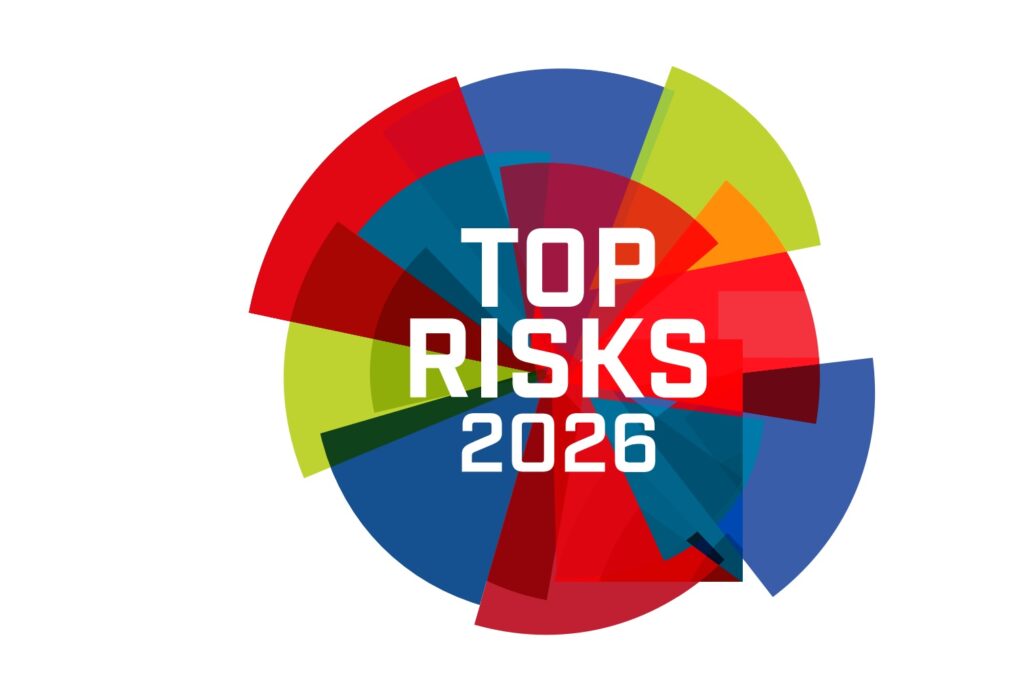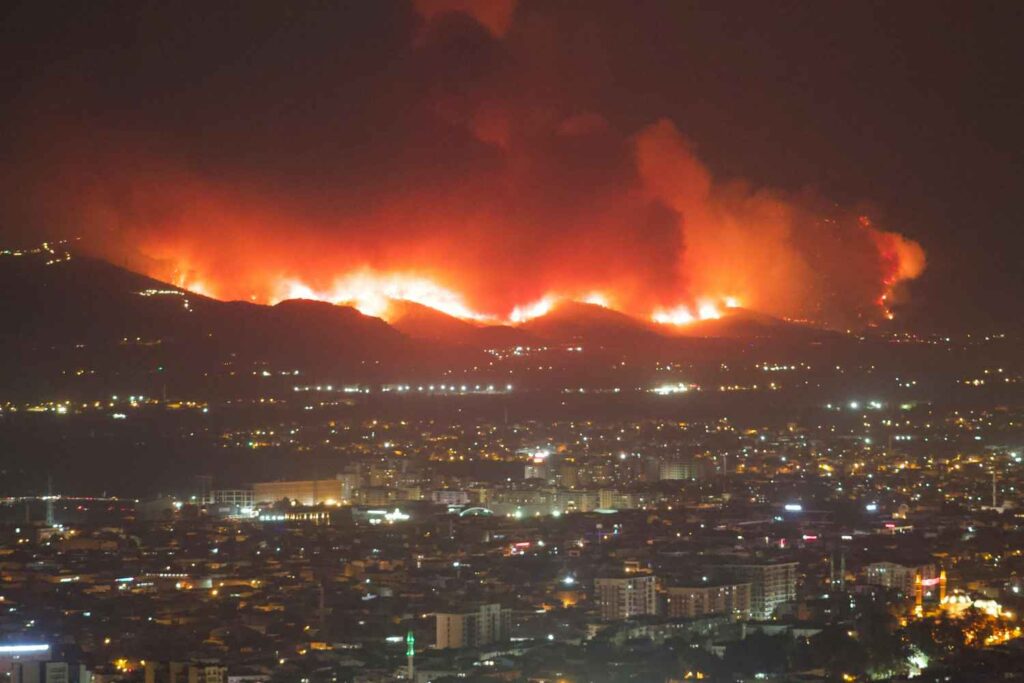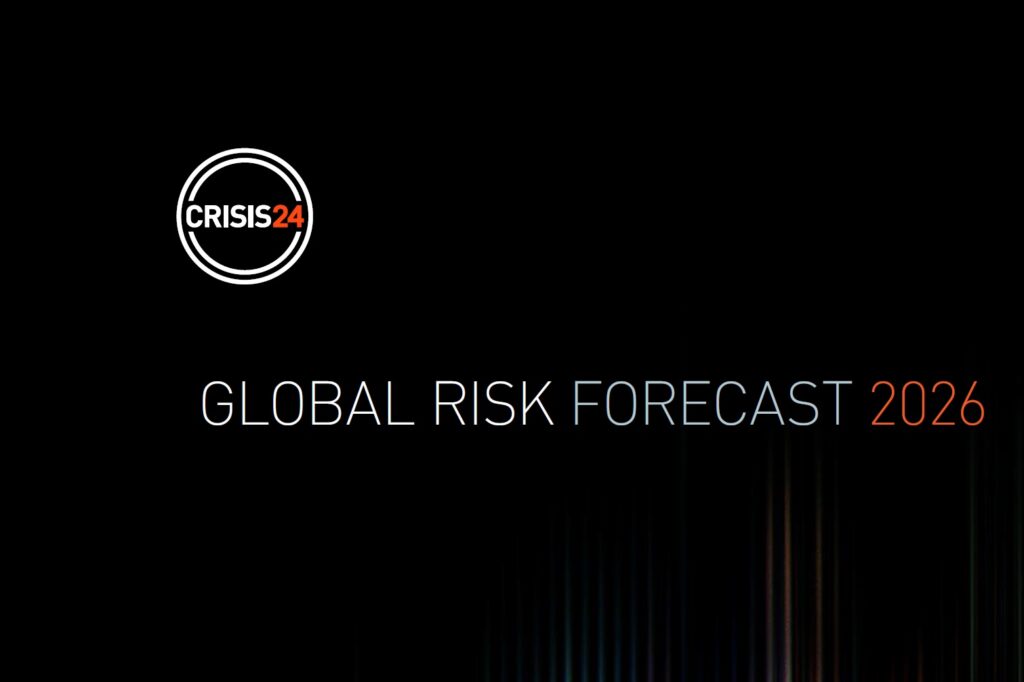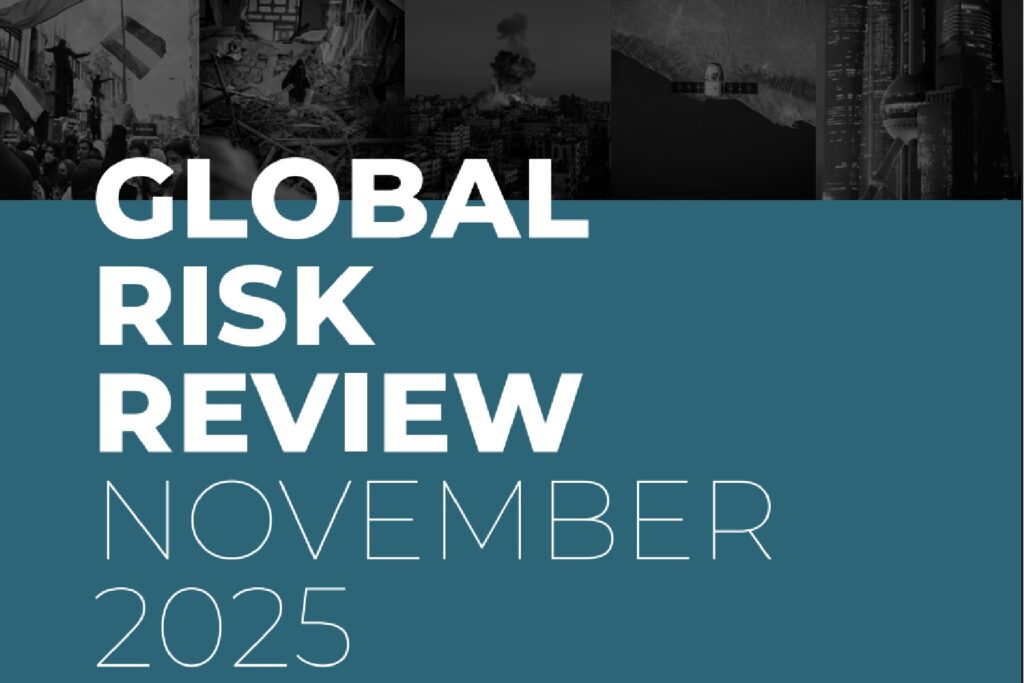How Systemic Risks Threaten Global Health Security (And What We Can Do)
In this Cross Currents conversation, ASRA members discuss the systemic risks threatening global health security, including pandemics, antimicrobial resistance, climate-driven health crises, and fragmented global governance. They emphasize the need to move beyond siloed, reactive responses toward integrated, multi-level strategies that address the root causes of health insecurity. Key themes include the urgency of fostering […]
How Systemic Risks Threaten Global Health Security (And What We Can Do) Read More »










